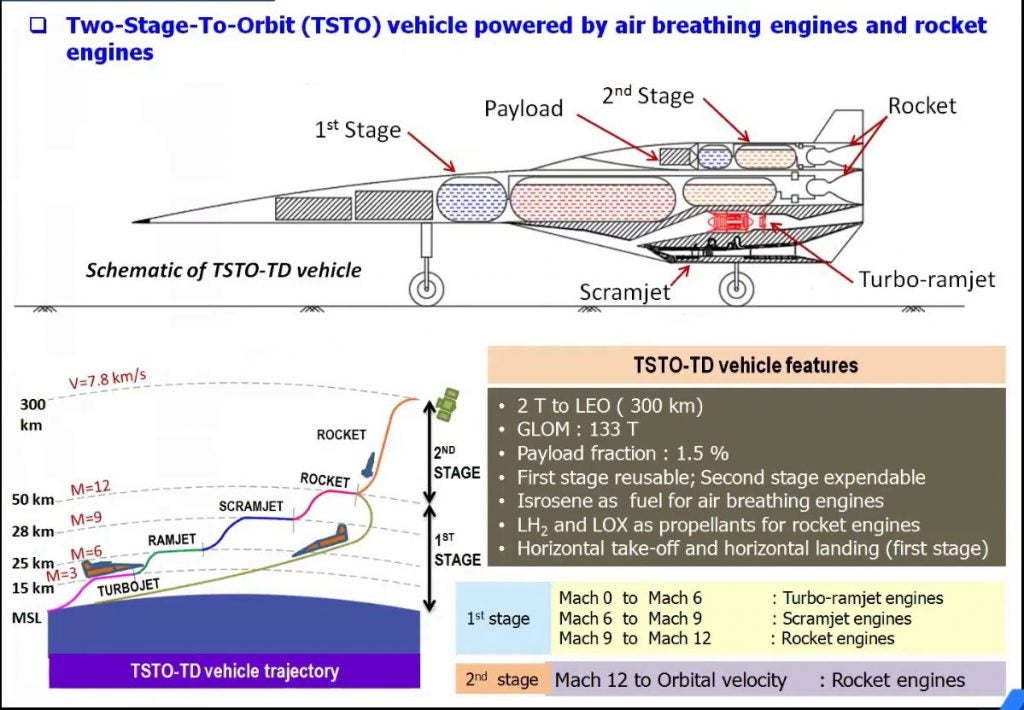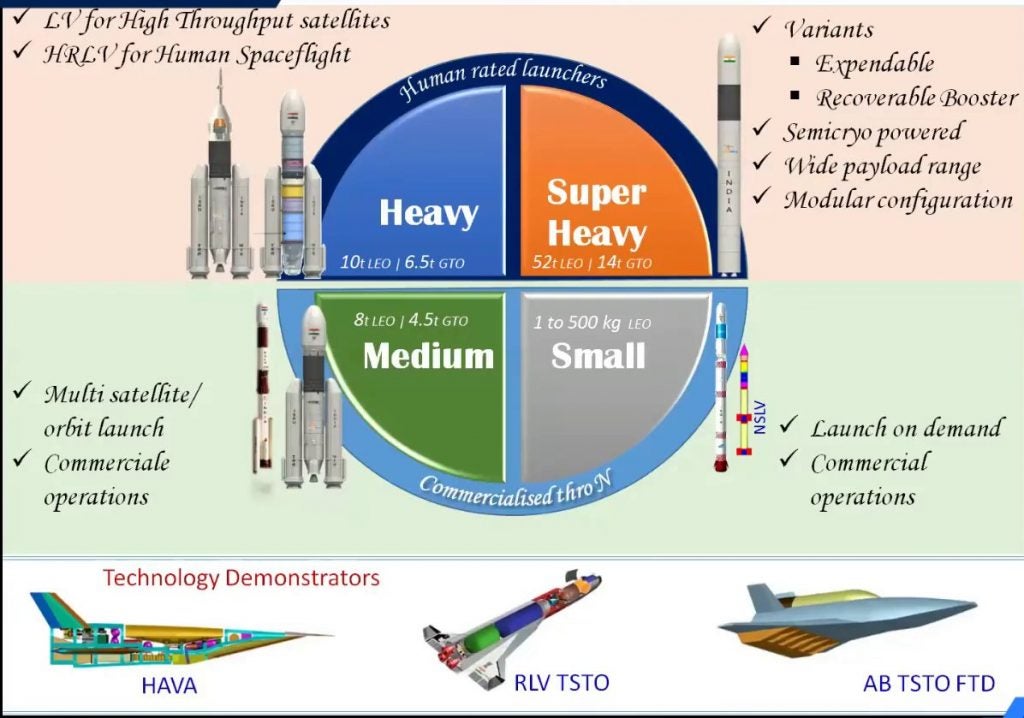India Launches Efforts To Bolster Space Defence Capabilities
The Indian Ministry of Defence has released a set of “Defence Space Challenges” with focus on developing dozens of space research and exploration equipment as well as multiple components. This is under the Innovations for Defence Excellence (iDEX) initiative.
One of the major requirements is the development of a mobile small satellite launch system which can be prepared for launch within 72 hours. It should have an integral launch control centre. The need for such a system is stated as:
“Static launch sites are vulnerable to hostile actions and could be prime targets in case of hostilities. This necessitates development of transportable launchers which can be moved and deployed for launch as per convenience. It is proposed to develop Transportable/Mobile Launch Systems that can operate from ground/ aerial/ sea-based platforms to provide launch capabilities with flexibility of launch windows for different kind of payloads. The launch system should be all weather capable and be able to deploy satellites weighing upto 650 Kgs to altitudes upto 700 Kms. The system should be able to change from transportable position to ‘Launch ready position” in not more than 60 minutes.”
Associated components for the above include development of a Mobile Multi Object Tracking Radar with detection range upto 250km. A modular satellite bus for launch on demand payload integration capability and new nozzles for satellites would also be developed. DRDO is currently developing a launch on demand launch vehicle called VEDA for defence applications.
Modular Single Stage To Orbit (SSTO) and Two Stage To Orbit (TSTO) launch vehicles are also required to be developed. The SSTO vehicle should be capable of launching 150kg to 400km altitude and assembled in 48 hours. The TSTO vehicle should be able to launch 500kg to 400km altitude and must be assembled in 72 hours. ISRO is known to be working on such concepts.

In the satellite space, the development of a geostationary data relay satellite having high speed laser optical inter-satellite link capable of communicating with satellites in low earth orbit would be taken up. Multiband programmable RF sensor satellites, L and P synthetic aperture radar satellites, miniature satellites with multimode payloads and autonomous low earth orbit cubesat swarms are some of the other satellite development challenges.
Space debris and satellite maintenance also received attention as the development of an ‘Orbital Transfer Vehicle’ for space debris removal in low earth orbit, robotic arms, on orbit refuelling, maintenance, propellant storge and transfer as well as autonomous docking systems have all been covered under various challenges. Space based communication equipment, cyber security, artificial intelligence and development of various subcomponents are also required.
India’s fledgling private space sector firms as well as the government operated ISRO are expected to take part in these challenges. Development of such technologies is expected to bolster the Defence Space Agency, a tri-service unit which is considered to be made into a tri-service command in the future.

